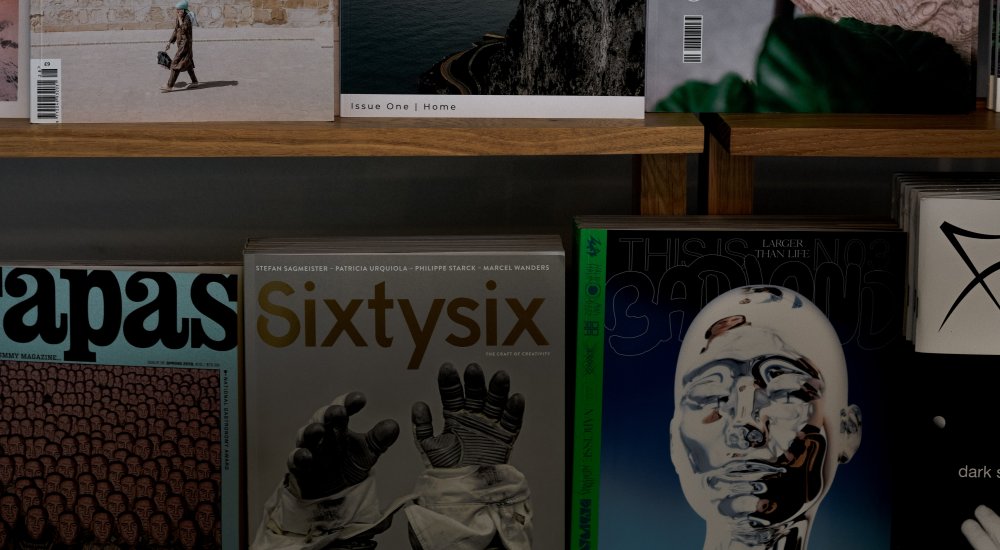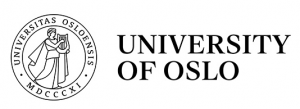UiO Postdoctoral Research Fellowship in Multilingualism "SPEAKERS"

A Postdoctoral Research Fellowship (SKO 1352) in Multilingualism is available at the Department of Linguistics and Scandinavian Studies, University of Oslo.
The Postdoctoral Research Fellowship is funded by the Norwegian Research Council and is associated with the project Indigenous Language Resilience: From learners to speakers (SPEAKERS). The candidate is expected to propose a research project closely connected to the main project.
Through a comparative analysis of Sápmi and three additional cases, the SPEAKERS project investigates why and how some learners transition from learners to speakers of Indigenous or minoritized languages. In many Indigenous contexts schools are key arenas for language revitalisation; the goal of SPEAKERS is to gain a deeper understanding of what happens after students leave school. The project aims to identify and investigate key life moments or mudes that facilitate or trigger the transition from learner to speaker, compare the impact and interaction of key social environmental factors on speaker resilience, and investigate inherent tensions in language reclamation processes and how learners and speakers attempt to solve such tensions.
The postdoctoral fellow will lead one of the comparative cases, and work with other project team members on cross-case comparative analysis. The location of this case is open, and the postdoctoral fellow is encouraged to propose an individual project that builds on their previous work, while also contributing to the larger comparative project. We will consider cases relating to any minoritized language, but the project proposal must make clear how this case could inform the SPEAKERS project as a whole. The applicant must have expertise in one or more of the following disciplines: sociolinguistics, linguistics, linguistic or social anthropology, applied linguistics, education, multilingualism, and/ or Indigenous studies. Experience with fieldwork is highly desirable.
The position is available for a period of 2 years. For postdoctoral fellows funded by the RCN, it is possible to apply for funding for research stay abroad and for funding for an extension of the fellowship period for postdoctoral contract corresponding to the length of the stay abroad (minimum 3 and maximum 12 months). The extension is dependent on an individual application from the successful candidate. There is no teaching or supervision requirement in this position, however if the postdoctoral fellow wants to gain experience in teaching and supervision, we aim to provide this opportunity.
The successful candidate is expected to become part of the research environment/network of the department and contribute to its development. The main purpose of postdoctoral research fellowships is to qualify researchers for work in higher academic positions within their disciplines.
Qualification requirements
- PhD or equivalent academic qualifications with a specialization in sociolinguistics, linguistics, linguistic or social anthropology, applied linguistics, education, multilingualism, and/ or Indigenous studies
- The candidate's research project must be closely connected to the main project
- Fluent oral and written communication skills in English
- Personal suitability and motivation for the position
The doctoral dissertation must be submitted for evaluation by the closing date. Appointment is dependent on the public defence of the doctoral thesis being approved.
In the evaluation of the applications, emphasis will be placed on:
- The research project’s scientific merit, research-related relevance and innovation
- The applicant’s estimated academic and personal ability to carry out the project within the allotted time frame and contribute to the main project
- Experience with research in minoritized or Indigenous contexts
- Good co-operative skills, and the ability to successfully join in academic collaboration within and across disciplines
We offer
- Salary NOK 575 400 – 657 300 per annum depending on qualifications
- A professionally stimulating working environment
- Membership in the Norwegian Public Service Pension Fund
- Attractive welfare benefits
How to apply
The application must include
- Application letter describing the applicant’s qualifications and motivation for the position
- Curriculum Vitae with grades listed (with a list of education, positions, teaching experience, administrative experience and other qualifying activities)
- List of publications
- Project description (appox. 3 - 5 pages, maximum 14,000 characters. See Template for project descriptions). The project description must present a feasible progress plan. It is expected that the applicant will be able to complete the project during the period of appointment
- Copies of educational certificates and transcripts
Doctoral thesis and other academic works may be requested later.
Please note that all documents must be in English or a Scandinavian language.
The application with attachments must be delivered in our electronic recruiting system, jobbnorge.no. Applicants with education from a foreign university must attach an explanation of their university’s grading system.
The short-listed candidates will be invited for an interview.
Formal regulations
See also Regulations concerning Post-Doctoral Research Fellowships.
Following the Freedom of Information Act (Offentleglova) § 25, Chapter 2, information about the applicant may be used in the public list of applicants even if the applicant opts out from the entry in the public application list.
No one can be appointed for more than one Postdoctoral Fellow period at the University of Oslo.
The University of Oslo has an Acquisition of Rights Agreement for the purpose of securing rights to intellectual property created by its employees, including research results.
The University of Oslo aims to achieve a balanced gender composition in the workforce and to recruit people with ethnic minority backgrounds.
Contact information
For questions about the position:
- Professor Pia Lane
- Associate Professor Haley De Korne
For questions on how to apply:
- HR Officer Daniel Nersvee
